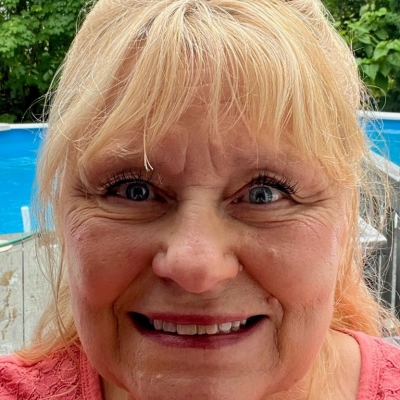International Overdose Awareness Day
Monday, August 28, 2023 Amanda Coniglio

Every year, on August 31st, the world comes together to observe International Overdose Awareness Day. This heartbreaking day serves as a reminder of the devastating toll that substance overdoses take on individuals, families, and communities worldwide. With a focus on raising awareness, promoting prevention, and reducing stigma, International Overdose Awareness Day sheds light on a critical issue that transcends borders and calls for collective action.
Understanding the Crisis
Substance abuse and overdose deaths constitute a global crisis that affects millions of lives each year. According to the World Drug Report 2021 by the United Nations Office on Drugs and Crime (UNODC), an estimated 275 million people used drugs at least once in 2020, with around 36.3 million people suffering from drug use disorders. This crisis goes beyond its impact on individuals' health; it erodes social fabric, strains healthcare systems, and places an immense burden on economies.
Statistics Speak Volumes
Two alarming statistics underline the urgency of addressing the overdose crisis:
1. Overdose Deaths on the Rise: In 2020, the Centers for Disease Control and Prevention (CDC) reported that drug overdose deaths in the United States reached an all-time high, with more than 93,000 fatalities. This staggering figure not only reflects a 29.4% increase from the previous year but also highlights the complex intersection of the opioid epidemic, the COVID-19 pandemic, and issues related to mental health and access to treatment.
2. Global Impact: According to the World Health Organization (WHO), there were approximately 585,000 drug-related deaths worldwide in 2017. This number underscores the global nature of the overdose crisis and reinforces the need for comprehensive and collaborative strategies to prevent and address overdoses across different countries and cultures.
The Importance of Awareness and Action
International Overdose Awareness Day is not just a day of reflection; it's a day of action. It serves as an opportunity to acknowledge the struggles of individuals battling addiction, remember those who have lost their lives, and support their loved ones. By raising awareness and challenging stigma, this day aims to pave the way for vital conversations about addiction, mental health, and effective prevention strategies.
Promoting Prevention
Preventing overdose deaths requires a multifaceted approach that combines harm reduction, access to treatment, public education, and policy changes. Governments, healthcare providers, non-governmental organizations, and communities all have a role to play in tackling this crisis. Harm reduction strategies such as naloxone distribution and supervised injection facilities have shown promising results in reducing overdose fatalities and providing immediate assistance to individuals in crisis.
Reducing Stigma
One of the most significant barriers to effective overdose prevention is the stigma surrounding substance use disorders. Many individuals hesitate to seek help due to fear of judgment or discrimination. International Overdose Awareness Day seeks to combat this stigma by fostering empathy, compassion, and understanding. When we recognize addiction as a complex health issue rather than a moral failing, we can better support those in need and create environments conducive to recovery.
International Overdose Awareness Day is a call to action that transcends borders, cultures, and backgrounds. It urges us to confront the overdose crisis head-on, remember the lives lost, and work collectively to prevent further tragedies. By promoting awareness, compassion, and effective strategies, we can not only save lives but also create a more supportive and understanding society for individuals battling addiction. As we commemorate this day, let us commit ourselves to creating a world where every person struggling with addiction has the opportunity to find hope, healing, and recovery.




.jpg)